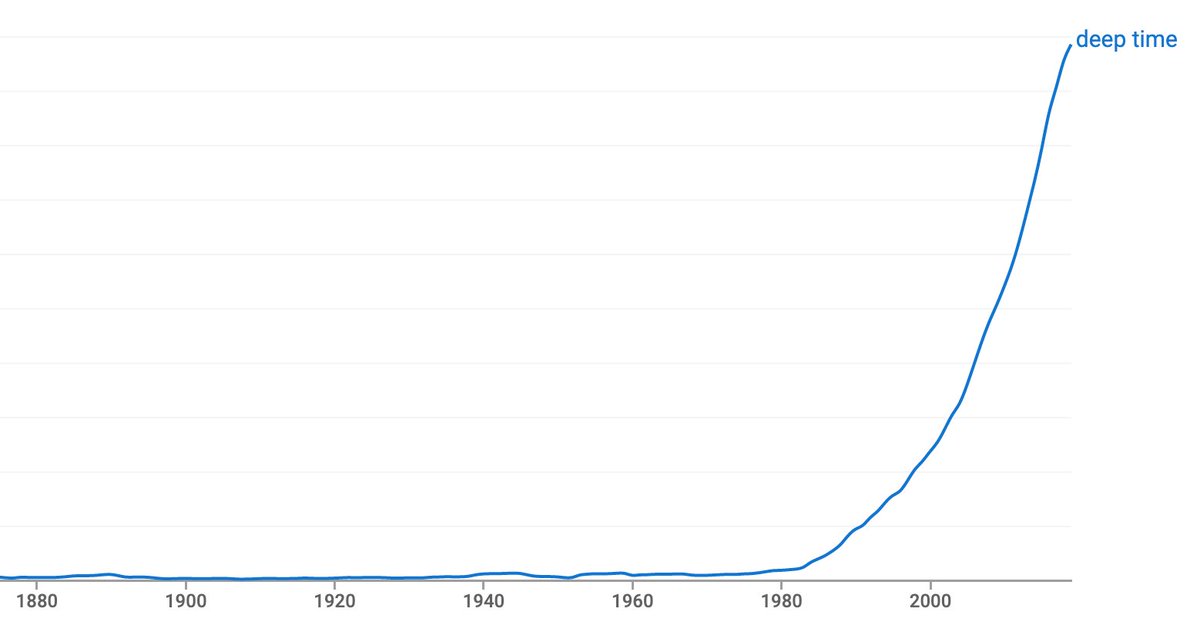A brief thread of @BBC_Future stories about living a happier, more meaningful life. #BlueMonday. First up, a simple exercise that I couldn't recommend highly enough...in our family we now do this regularly bbc.com/future/story/2…
Why the quickest route to happiness may be to do nothing (hurray) bbc.com/future/story/2…
The secret to living a meaningful life bbc.com/future/story/2…
...and The upsides of being grumpy bbc.com/future/story/2…
A seven-day guide to feeling happier bbc.com/future/story/2…
ps most of these are courtesy of @d_a_robson who, if he wanted to, could probably grow a wispy beard and make millions as a happiness guru.
• • •
Missing some Tweet in this thread? You can try to
force a refresh









